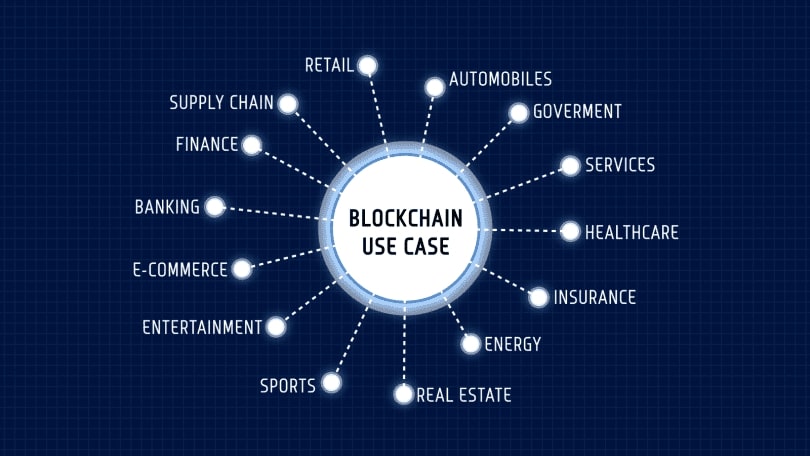Analysts predict that Apple’s Vision Pro product will revitalize the sluggish electronics sector.
The electronics sector has been one of the most dynamic industries in the last decade. From the introduction of smartphones to the rise of smart home devices, the sector has been a hotbed of innovation. However, in recent years, the industry has become tired and stagnant, with very few groundbreaking products being released. But all this could change with the introduction of Apple’s Vision Pro.

- Decentralization and Distributed Ledger:
Blockchain is a decentralized and distributed ledger that records transactions or information across multiple computers or nodes. This eliminates the need for a central authority, such as a bank or a government, to oversee and validate transactions. The distributed nature of blockchain ensures transparency, enhances security and reduces the risk of single points of failure or manipulation.
- Transparency and Immutability:
Blockchain provides transparency by allowing participants in the network to view and verify transactions or information. Once a transaction is recorded on the blockchain, it becomes immutable, meaning it cannot be altered or tampered with retroactively. This transparency and immutability foster trust among participants, as they can independently verify the integrity of the data stored on the blockchain.
- Enhanced Security and Data Integrity:
Blockchain technology utilizes cryptographic techniques to secure data and ensure its integrity. Deals recorded on the blockchain are translated and linked to former deals, forming a chain of blocks. This makes it extremely difficult for unauthorized parties to manipulate or alter the data stored on the blockchain. The decentralized nature of blockchain also makes it resilient to cyber attacks, as there is no single point of vulnerability.
- Smart Contracts and Automation:
Blockchain platforms frequently support the prosecution of smart contracts, which are tone-executing contracts with predefined rules and conditions. Smart contracts automate processes and transactions, eliminating the need for intermediaries and reducing the associated costs and delays. By automatically enforcing contract terms, blockchain-based smart contracts enhance efficiency, accuracy, and trust in business interactions.
- Supply Chain Management and Traceability:
Blockchain technology has significant implications for supply chain management and traceability. By recording transactions and movements of goods on the blockchain, stakeholders can track and verify the origin, authenticity, and journey of products. This enhances supply chain transparency, reduces counterfeit products, improves quality control, and enables consumers to make more informed purchasing decisions.
- Financial Services and Banking:
Blockchain technology has disrupted the traditional financial services and banking industry. It enables secure and efficient peer-to-peer transactions, reducing the need for intermediaries and associated fees. Blockchain-based cryptocurrencies provide alternative payment systems, cross-border remittances, and financial inclusion for the unbanked population. Moreover, blockchain has facilitated the development of decentralized finance (DeFi) platforms, offering various financial services such as lending, borrowing, and decentralized trading.
- Healthcare and Medical Records:
Blockchain has the implicit to revise healthcare by perfecting the security and availability of medical records. By storing medical records on a blockchain, patients have greater control over their data and can grant access to healthcare providers securely. Blockchain technology ensures data integrity, enhances privacy, and enables interoperability among different healthcare systems, leading to more efficient and accurate healthcare delivery.
- Intellectual Property and Digital Rights Management:
Blockchain can address the challenges of intellectual property and digital rights management in the digital era. By leveraging blockchain’s immutability and traceability features, creators can prove ownership and authenticity of their digital assets. Blockchain-based platforms allow artists, musicians, and content creators to directly monetize their work, ensuring fair compensation and reducing copyright infringement.
Blockchain technology has emerged as a disruptive force with the potential to transform various industries. Its decentralized and transparent nature, coupled with enhanced security and automation, fosters trust among participants and enables new business models.









